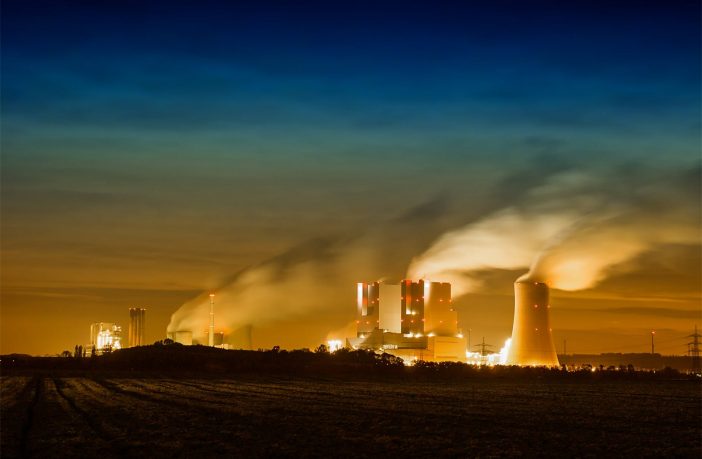- African Development Bank (AfDB) Officials told Reuters that they will not fund a coal-fired power plant project in Kenya.
- The bank also has no plans to finance new coal plants in future.
The African Development Bank (AfDB) joins a plethora of top banks operating in Africa, insurers and development finance institutions which are throttling back on investments in coal projects.
AfDB President Akinwumi Adesina told Reuters at the recently held South Africa Investment Conference that the bank took environmental concerns seriously and was focusing on renewable energy, adding that coal projects risked becoming “stranded assets” on the AfDB’s balance sheet.
Wale Shonibare, AfDB’s acting vice president for energy, said the bank “did not move forward with the Lamu Coal transaction and had no plans to do so in the future”.
AfDB The Abidjan-based lender published an environmental and social impact assessment in May for the Kenyan coal fired power station in Lamu. The project lies near a UNESCO World Heritage Site and was halted by a local environmental tribunal in June this year. Read more
The AfDB has been a major funder of coal projects in Africa. In the past decade, it has lent more than 1.5 billion euros (US1.65 billion) to South African utility Eskom for its Medupi coal plant and more than 50 million euros for the Sendou coal plant in Senegal.
Author: Bryan Groenendaal















